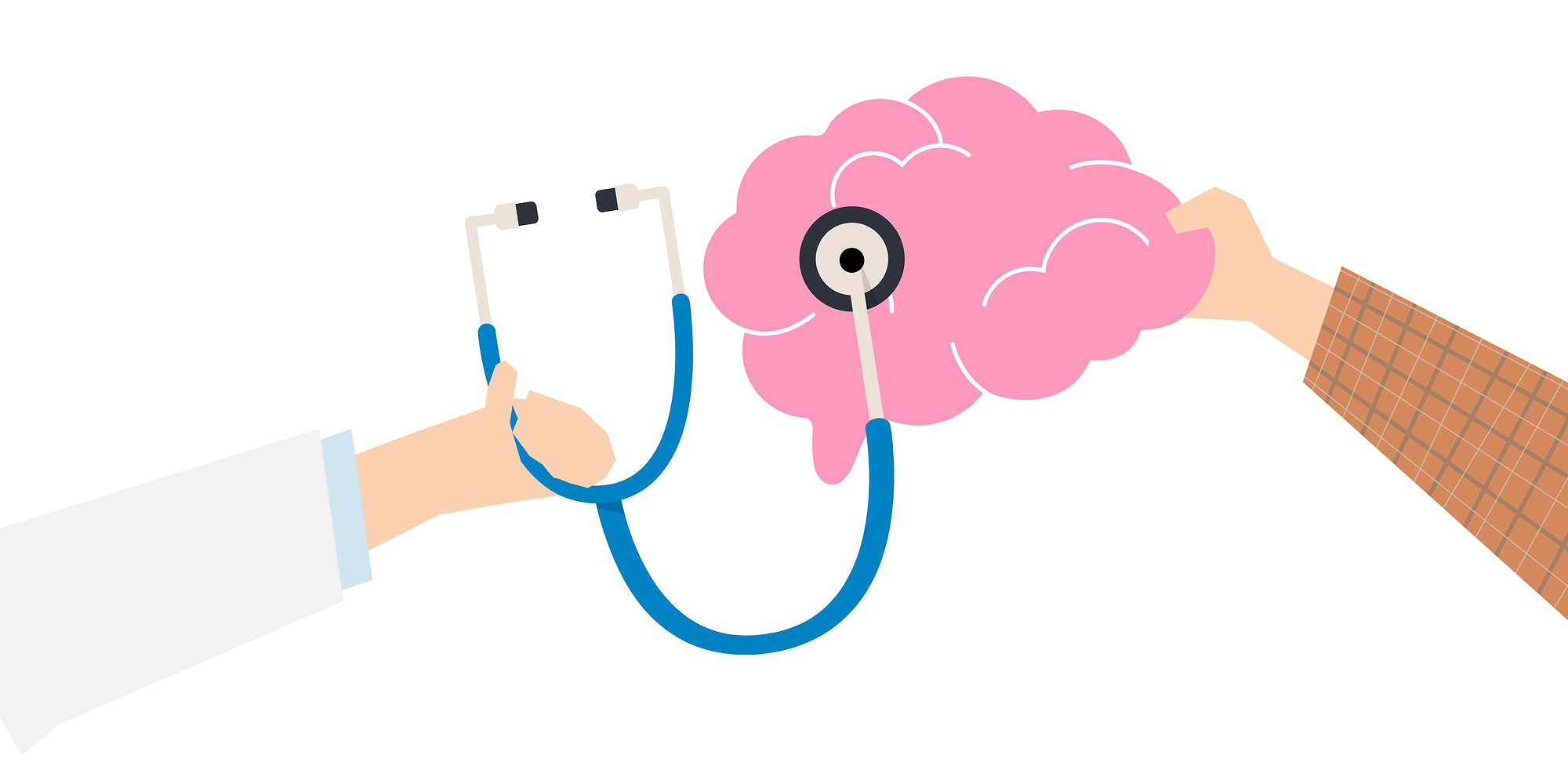

by Dr. Hy Gia Park and Dr. Charles Park
Our interest in writing articles about mental health in Mile High Sports is three-fold. First, to change the narrative around mental health through education, especially about depression. We all need to “speak the same language” in order for the discussion about this very important subject to be constructive. Second, to convey hope to everyone who struggles with depression that there are 21st century medical therapies, like Transcranial Magnetic Stimulation (TMS) and newer medications that have greater efficacy and fewer unwanted side effects. Finally, to introduce the idea that mental health treatment can be proactive, preventative and protective to the brain. We need to change the current model from addressing mental health issues only when they become severe enough to cause dysfunction and harm to promoting brain health and fitness.
The current scientific view about mental illnesses, like depression, bipolar disorder, and even schizophrenia is that there is overlap between the underline disease processes; that basically the brain is unable to maintain a steady chemical and structural state.1 This suggests that “neuro-protection” and resiliency building could have significant roles in preventing or at least minimizing the overall effects of mental illness. Growing evidence suggest we should use medications, TMS, cognitive-, behavioral-, mindfulness- based therapies, with other things that people are already doing for other health conditions , like diabetes, hypertension, etc. Individuals can ‘train’ to build brain fitness and improve resiliency just like doing cardio to improve physical endurance and strength training to build muscle and bone health. Don’t wait until things get bad! Getting preventative check-ups with a mental health provider twice a year like you do with your dentist or your primary care doctor, attending groups or individual sessions to learn helpful strategies that improve psychological and emotional resiliency, and doing 150 minutes of physical exercise weekly are all neuro-protective.
It is reported that 5% of the global population has been diagnosed with clinical depression and this reflects ONLY the IDENTIFIED patients.2 The World Health Organization declares depression as “one of the most frequent mental disorders and could become the leading cause of disability by 2030.” It is also known that productivity falls by 80-90% with depressed workers compared to non-depressed workers. 3 The common symptoms described in depression include: sad or irritable mood, irrational and ruminative thoughts, excessive guilt, lack of interest, sleep disruption, appetite changes, low energy, slowing-down of thought and a reduction of physical movements, and in the most severe of cases, suicidal thinking. The constellation of symptoms seen in depression are believe to be a result of multiple factors that include, an imbalance of neurotransmitters, like serotonin, norepinephrine, and dopamine, dysfunction of the hormone system in the brain, overproduction of chemicals that cause inflammation, disturbance of the immune system, and an altered gut-brain connection. It is the chicken or the egg scenario: is it depression that accounts for the higher association of hypertension, diabetes, stroke and heart attack, or is it these medical illnesses themselves that increases the risk for depression? What has been demonstrated in numerous animal and human studies is that physical exercise seems to be effective in lowering the risk for and treating all these medical conditions including depression.
Bibliography
– S.D.
"Absolutely do the TMS treatment, it does improve symptoms significantly."